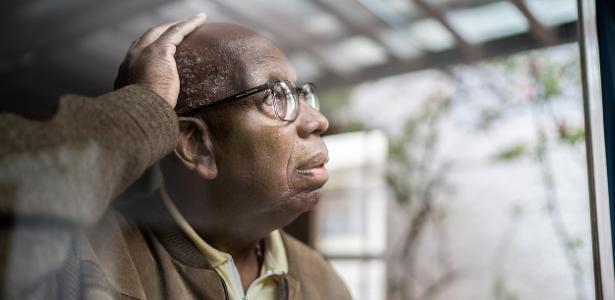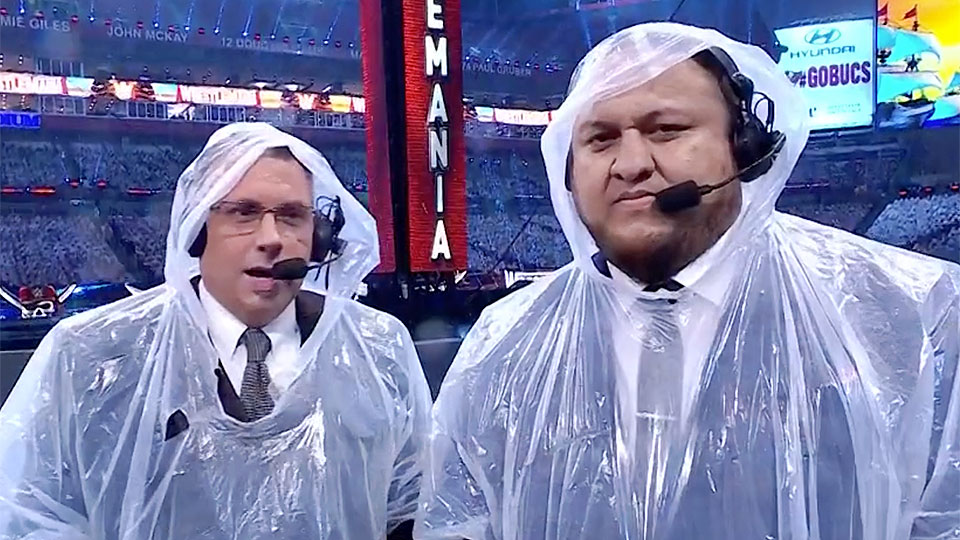Treatment can include stimulant and non-stimulant medications, as well as behavioral therapies, according to Machado. Therapeutic interventions, such as behavioral training, can also be effective in managing characteristics that cause functional impairment, she says.
Left untreated, it can lead to other psychiatric disorders. “Many older adults with ADHD also have other psychiatric conditions, such as anxiety, depression and bipolar disorder. Untreated ADHD can worsen these disorders. It may share underlying mechanisms with neurodegenerative disorders such as dementia, increasing the risk of developing these conditions in the absence of treatment,” says the professor.
Appropriate treatment of ADHD in older adults is essential not only to manage the damage caused by the disorder itself, but also to prevent the development or worsening of other psychiatric conditions. An integrated approach that takes into account the complexity of interactions between ADHD and other health conditions is critical to promoting the overall well-being of older adults. Lavinia Teixeira Machado, Professor at UFS (Federal University of Sergipe)
How to Deal with an Elderly Person with ADHD
Jairo Werner, psychiatrist and professor at the UFF (Federal University of Fluminense) School of Medicine, advises that when diagnosing ADHD in old age, the main attitude to avoid is labeling the person as elderly.
“There is a tendency to label older people and dismiss their behavior as being due to ‘disease,’ but some of the characteristics of inattention can be part of the functional makeup of the individual,” he says.

“Writer. Analyst. Avid travel maven. Devoted twitter guru. Unapologetic pop culture expert. General zombie enthusiast.”

